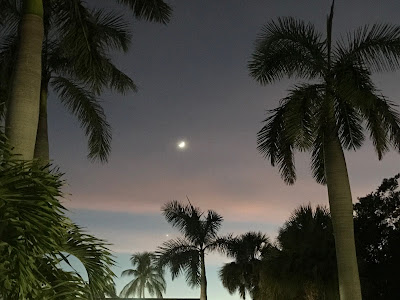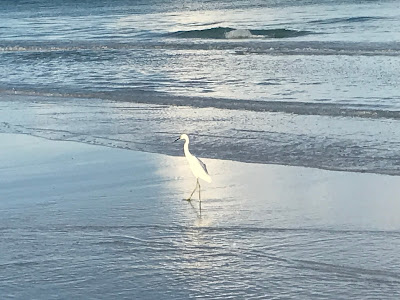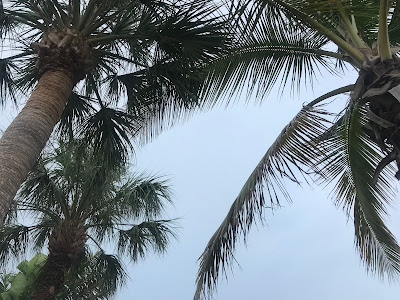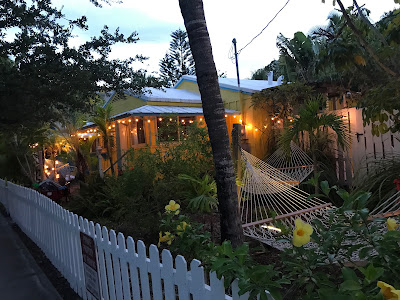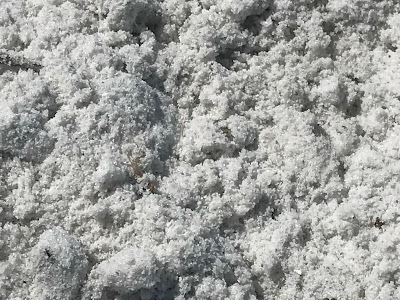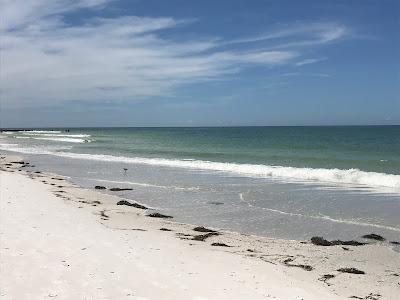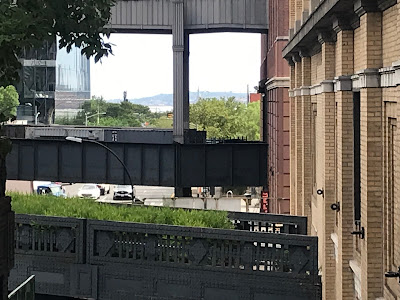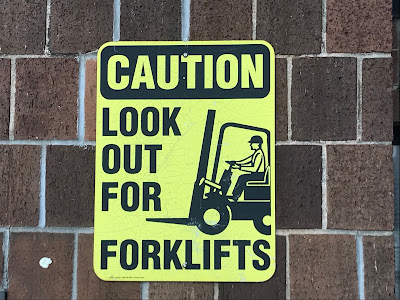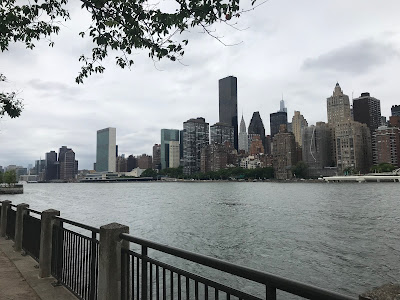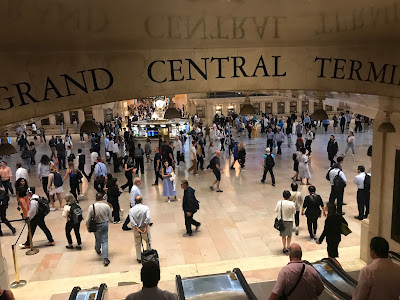I write this morning from my quiet cocoon in the suburbs, pining for the cacophony I left behind. I stayed near NYU Hospital and the entrance to the Queens Midtown Tunnel, and except for the dead of night there was seldom a time when sirens weren’t sounding and horns weren’t honking.
A nuisance? It would be if I lived there. But as a visitor I accept it as part of the bargain. You come to the largest city in the country not for silence but for stimulation, and of that there was plenty.
As I lace up my trusty tennis shoes for a walk through the neighborhood, I think about what they took me through yesterday: up and down the East River Greenway and across the city to Penn Station, dodging traffic, construction and the yawning maw of open basement stairways.
The whole city should be wrapped in yellow caution tape. But that, strange to say, is part of its charm.
(I snapped this photo on yesterday’s walk.)
